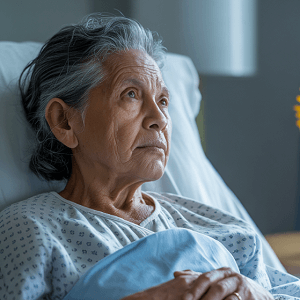A groundbreaking study led by University of Wisconsin assistant professor Shaneda Warren Andersen (above), alongside UW cancer researcher Tom Lawler and PhD candidate Zoe Walts, has unveiled significant disparities in cancer risks among marginalized communities, particularly focusing on the link between Type 2 diabetes and colorectal cancer in Black Americans and lower socioeconomic groups. The research, aiming to fill the gap left by previous studies predominantly conducted on white populations, discovered that these underrepresented groups face increased risk factors for colorectal cancer associated with Type 2 diabetes.
The team emphasized the necessity of including diverse populations in medical research to ensure equitable and accurate outcomes. Historically, marginalized communities have been overlooked in medical studies and have had limited access to healthcare, contributing to health disparities across the country. Walts highlighted the importance of conducting thorough research to benefit those most in need and called for increased diversity in research to better understand diseases like cancer in underrepresented populations.
This study not only sheds light on the specific health risks faced by Black Americans and those from lower socioeconomic backgrounds but also underscores the critical need for inclusive research practices to address health disparities effectively.
See “Study calls attention to cancer disparities in marginalized communities” by Anna Singh on the Badger (Madison Wisconsin) Herald website (February 9, 2024)



